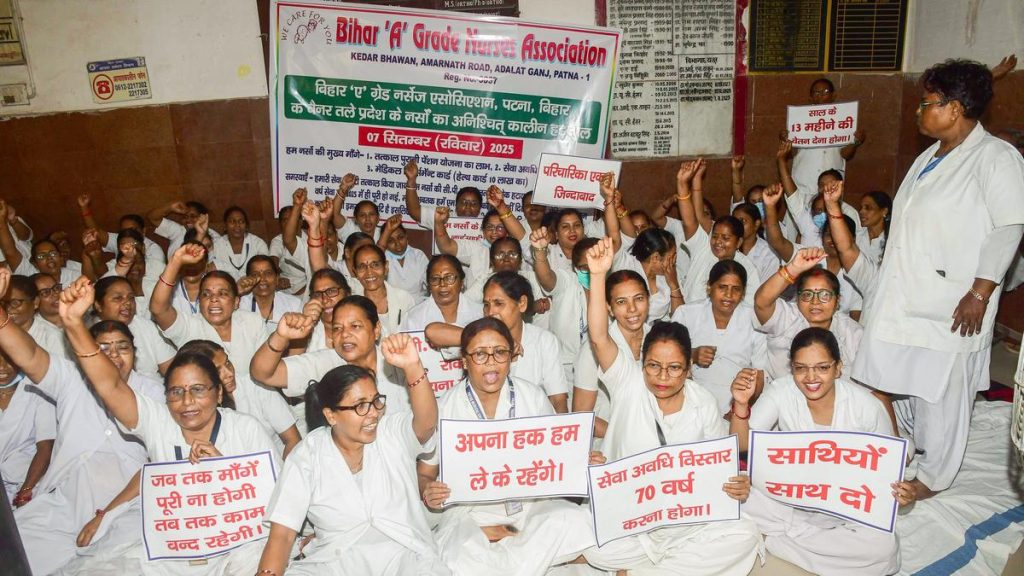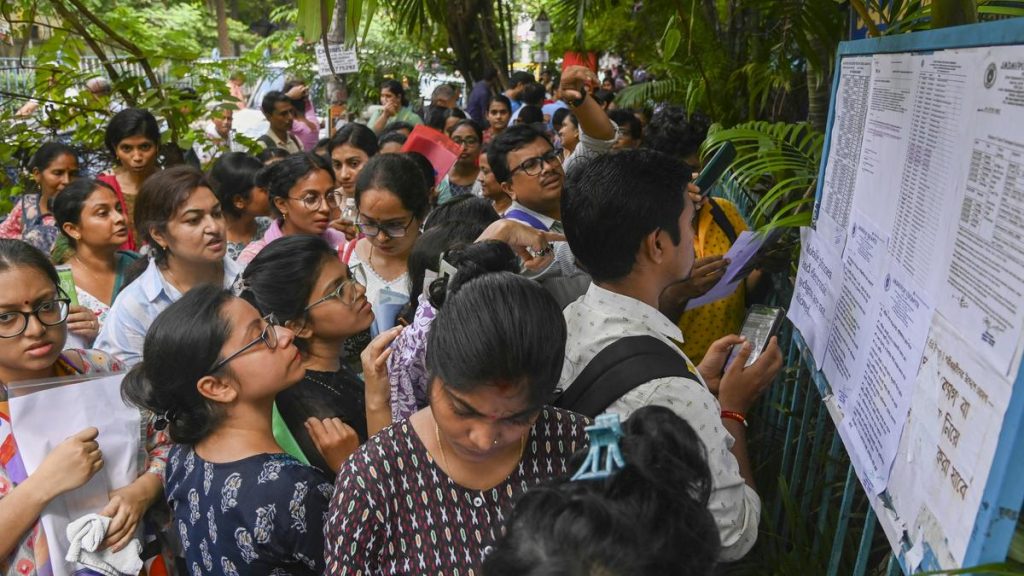Now Reading: Turakapalem Health Emergency Declared Amid Mysterious Deaths on CM’s Orders
-
01
Turakapalem Health Emergency Declared Amid Mysterious Deaths on CM’s Orders
Turakapalem Health Emergency Declared Amid Mysterious Deaths on CM’s Orders

Fast Summary
- Andhra Pradesh Chief Minister N. Chandrababu Naidu declared a health emergency in Turakapalem village, Guntur district, following 20 deaths in two months due too an unidentified illness.
- The CM instructed health authorities to shift symptomatic patients to hospitals immediately and organize comprehensive health camps over the weekend.
- Medical tests and individual health profiles for all villagers were mandated for better monitoring.
- expertise from AIIMS Mangalagiri and international specialists will be sought if required.
- Safe drinking water supply was ordered as a preventive measure against further infections.
- Preliminary findings suggest melioidosis (a bacterial infection) may be the cause,possibly transmitted through cattle or rainwater-filled fields during heavy rains or floods.
- Blood sample test results are awaited within three days for confirmation of the disease’s cause.
- Continuous monitoring has been ordered to prevent any new cases.
Indian Opinion Analysis
The proactive declaration of a health emergency underscores the critical need for swift action in mitigating rural public health crises amidst potential outbreaks like Melioidosis. While immediate measures such as medical evaluations, use of external expertise, and water safety protocols indicate appropriate attempts at containment, logistical execution remains crucial given resource constraints frequently enough faced by rural areas in india.
This situation also highlights systemic vulnerabilities exposed by natural conditions like monsoonal flooding that create pathways for zoonotic diseases to spread unchecked among communities dependent on farming and cattle rearing. Monitoring long-term impacts on affected livelihoods will also play a role in gauging state preparedness against future threats coupling climatic adversity with public healthcare infrastructure gaps.
read more: Original Source Unavailable























